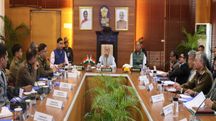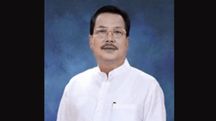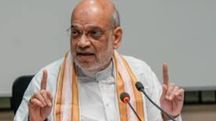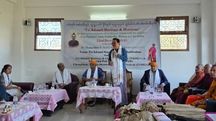Arunachal students union warns NSCN: Stay out of our internal issues
The All Arunachal Pradesh Students' Union (AAPSU) has voiced strong opposition against the National Socialist Council of Nagaland's (NSCN)/Government of People's Republic of Nagaland's (GPRN) recent directives regarding environmental preservation in the TCL region of Arunachal Pradesh. AAPSU insists that such orders undermine the state's autonomy and insult its people.
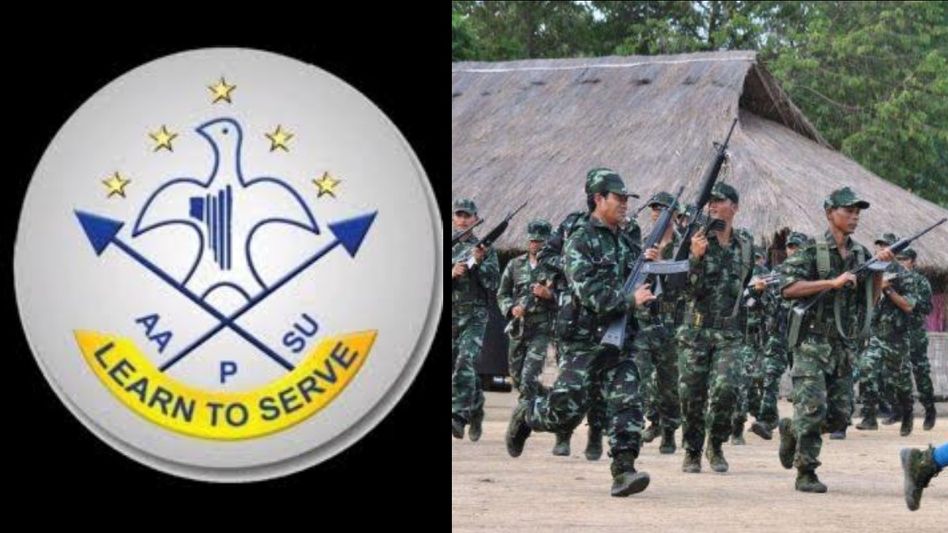
The All Arunachal Pradesh Students' Union (AAPSU) has taken a firm stance against what it perceives as unwarranted interference by the National Socialist Council of Nagaland (NSCN)/Government of People's Republic of Nagaland (GPRN) in the internal matters of Arunachal Pradesh, particularly in the Tirap, Changlang, and Longding (TCL) region.
This response from AAPSU comes in the wake of an order issued by the GPRN, which sought to ban illegal fishing and deforestation activities in the Wancho region of Arunachal Pradesh.
Expressing their discontent, AAPSU stated, "Interfering in the affairs of other states is something we do not expect from the GPRN. We will not tolerate such directives/orders from Nagaland in the days to come."
The union further emphasized that such directives are viewed as a direct affront to the people of Arunachal Pradesh. "We strongly oppose the order passed by the GPRN," AAPSU reiterated.
The AAPSU said that the indigenous people of Arunachal are very aware and concerned about the importance of preserving the state’s ecosystem, flora, fauna, and trawling ban.
“There are various CBOs, organizations, and local and district administrations to look into this matter. We are capable enough to address our issues,” the union said and asked the GPRN to refrain from issuing such orders in the future.
The order issued by the GPRN, a copy of which was provided to this daily by the AAPSU, stated that the directive has been given to preserve the ecosystem, natural habitats, flora, and fauna, and to prevent the occurrence of natural disasters in the region.
It directed the village authorities, including all the village chiefs, head GBs, ZPMs, and GPCs of Longding district to ensure adherence to the directive “for the welfare of the future generation.”
“Non-compliance of the directive shall compel the office of the Wancho region to levy a fine and initiate stern action as deemed fit,” the directive read.
The AAPSU stated that the directive issued by the GPRN went viral on social media on 20 June.
The directive's circulation on social media further fueled concerns and discussions regarding the autonomy and governance of the region.
Copyright©2025 Living Media India Limited. For reprint rights: Syndications Today

